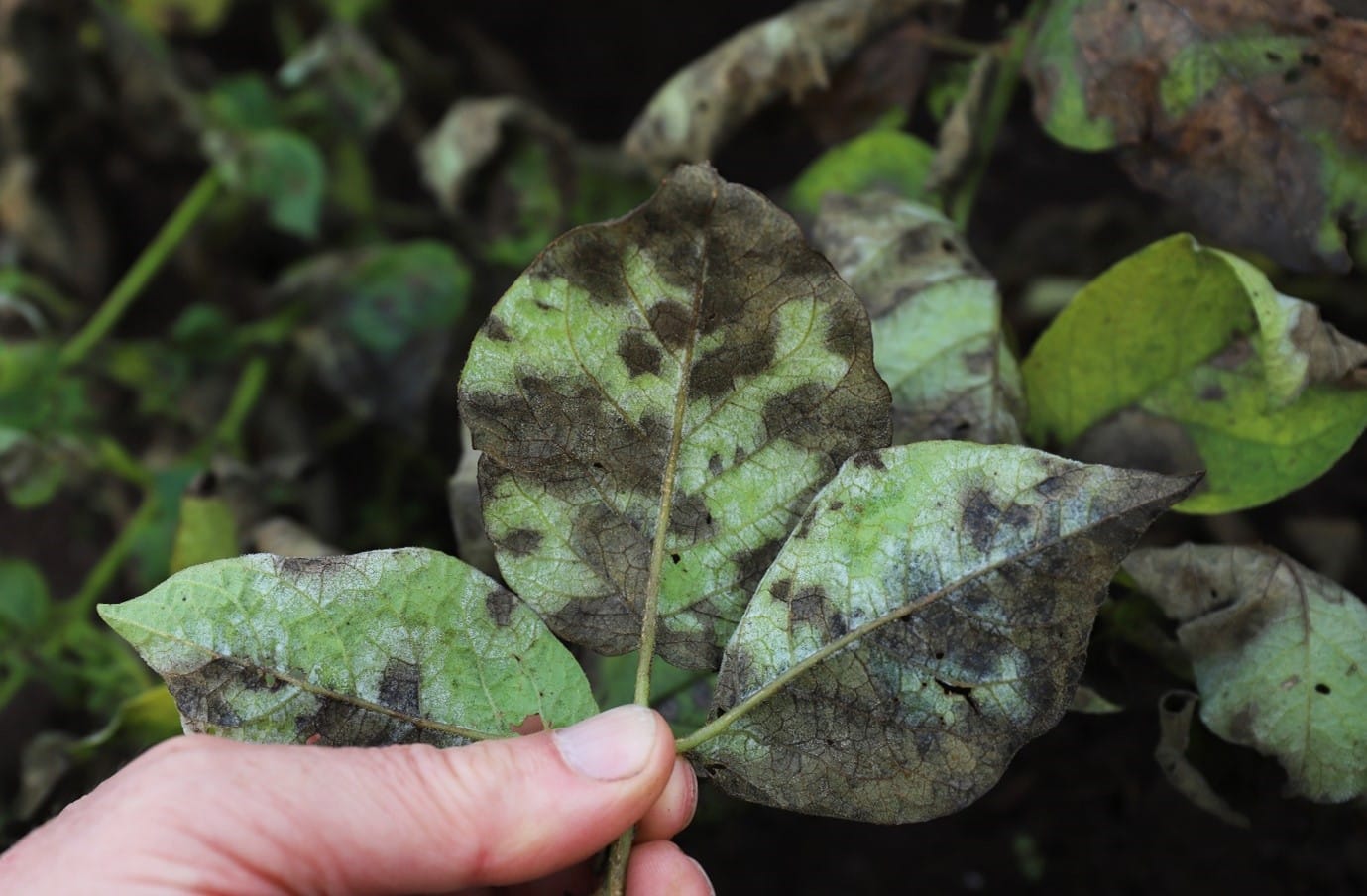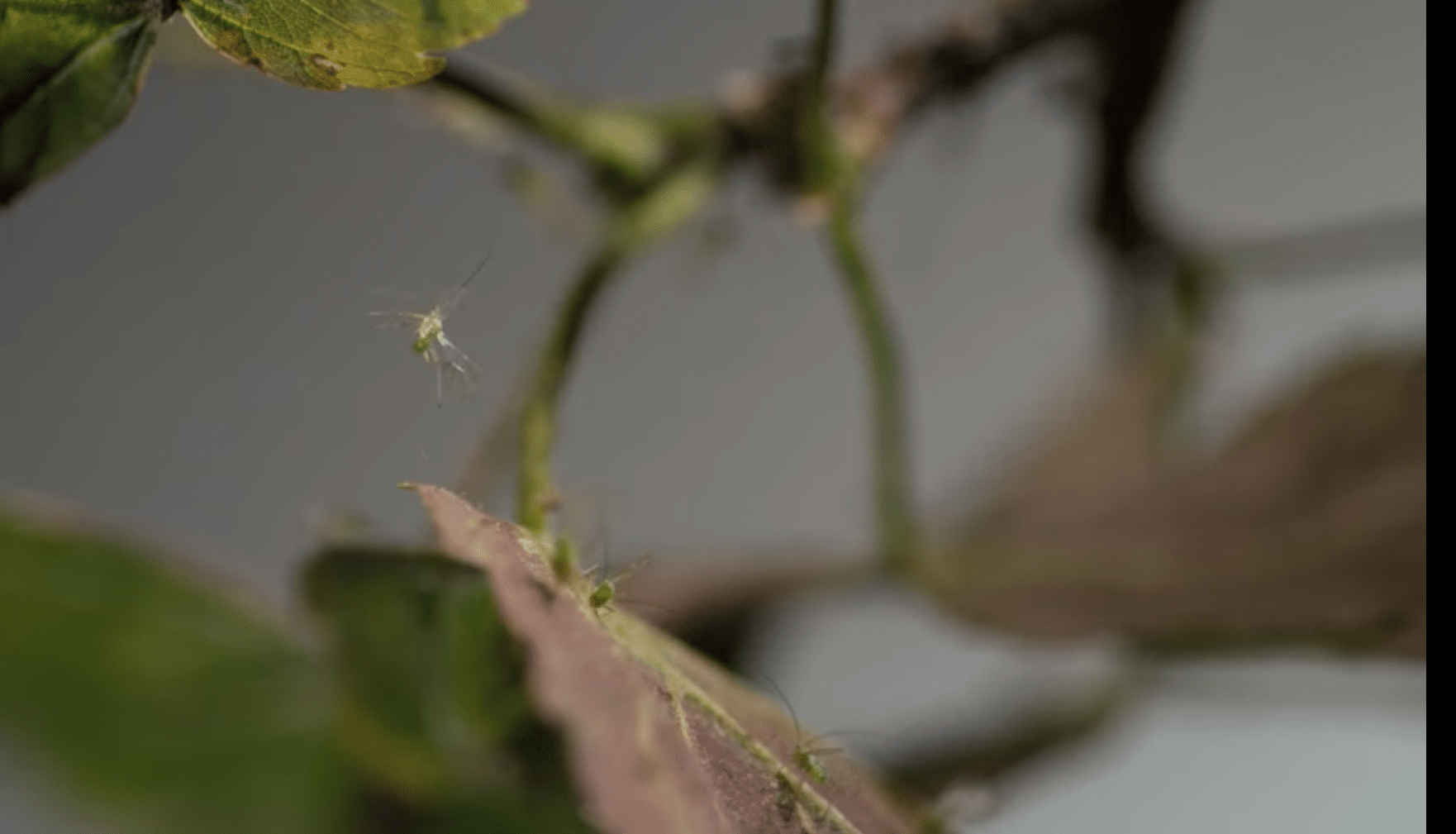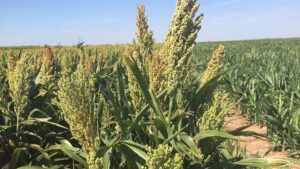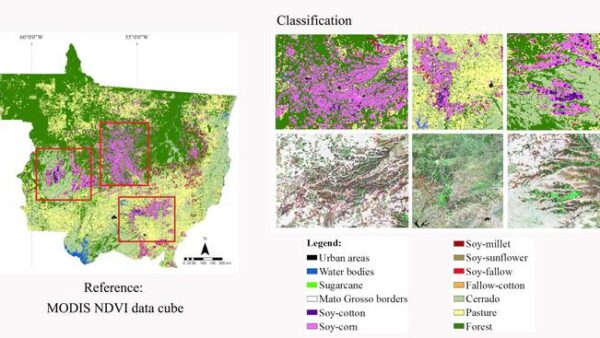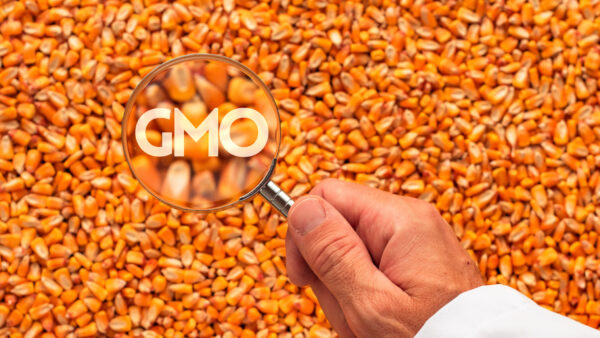Dr Jorunn Bos, a principal investigator in the Division of Plant Sciences of the University of Dundee at the James Hutton Institute, has been awarded a prestigious European Research Council Consolidator grant worth almost €2 million to explore novel ways to provide plant protection against insects.
The project APHIDTRAP, led by Dr Bos, will explore new directions to answer important questions on how insects such as greenfly and blackfly, commonly known as aphids, are such successful pests.
Current aphid control relies almost exclusively on insecticides, which are costly, damaging to the environment and to which aphids develop resistance. Dr Bos and her team are interested in understanding the molecular dialogue that takes place between plants and aphids to come up with new solutions.

“The key questions driving the project build on previous findings that aphids can actively promote host susceptibility using effector proteins. The function of these effector proteins is based on association with host proteins and modification of their activity.
“The next step is to try and understand how these protein-protein interactions take place, and what the downstream consequences are with regards to susceptibility.”
ERC Consolidator Grants are awarded to outstanding researchers of any nationality and age, with at least seven and up to twelve years of experience after PhD, and a scientific track record showing great promise. Research must be conducted in a public or private research organisation located in one of the EU member states or associated countries.
The ERC received 2,506 Consolidator Grant research proposals in 2020, from which approximately 13% will be funded overall with a total of €655 million awarded to Europe’s top researchers. The funding is part of the EU’s current research and innovation programme, Horizon 2020.
The partnership between the University of Dundee and the James Hutton Institute began in 2002 when plant scientists from the university first moved to what was then the Scottish Crop Research Institute and five years later, following the reorganisation of the College of Life Sciences, the Division of Plant Sciences was established and located at the James Hutton Institute in Invergowrie.
This collaboration has catalysed interaction between research groups in Plant Sciences and the James Hutton Institute facilitated by co-location and is supported by joint Principal Investigator appointments and PhD students. This unique model of interaction has exploited the complementarity of the organisations and has so far generated considerable income in joint funding in areas of translation of basic to applied research.



